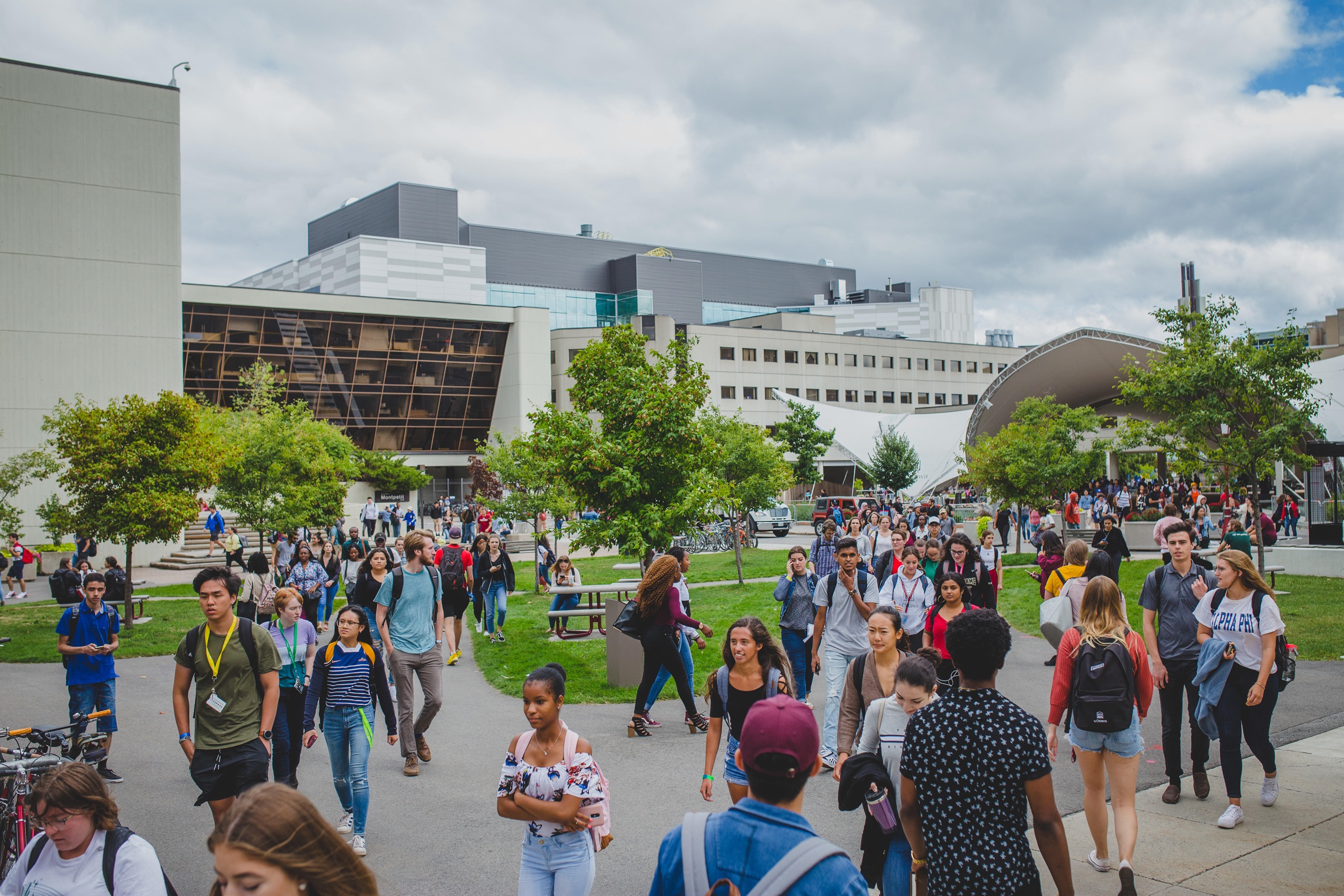During training
The student will develop a critical approach to published work and to his own work. Graduates acquire an excellent knowledge of their chosen field and a general understanding of the areas related to their own particular research project. They must demonstrate research skills and credibility as professionals in their area of research.
Gain top-line skills in critical thinking, experimental design and science communication through advanced biomedical research
Acquire and learn to share multidisciplinary knowledge and conduct research on both major and rare forms of human disease. Be mentored by experienced researchers in areas such as mechanisms of disease and therapeutics in regenerative medicine, stem cell and cancer biology, neuromuscular disorders, and cardiovascular and kidney disease. The program focuses on physiology, pharmacology and neuroanatomy and is designed to prepare you for a career in industry, government, research, medicine or another health-related profession.
Gain immersive laboratory research experience
The one-year Master of Science in Cellular and Molecular Medicine program focuses on experiential learning. You’ll develop your critical thinking skills over an eight-month immersive in-laboratory research experience with the Faculty of Medicine or one of its partner research institutes. You’ll create a research proposal, conduct experiments and collect and analyze data using cutting-edge methodologies such as imaging, transgenesis, flow cytometry, microarray and next generation sequencing.
Be part of a network of research excellence.
Regularly ranked in the top three for research intensity in Canada by Maclean’s magazine, the University of Ottawa’s Faculty of Medicine receives approximately $140 million in research funding annually and is home to 120 research chairs.
Investigators in the Neuroscience program are part of several research centres and institutes, such as the internationally renowned Brain and Mind Research Institute (uOBMRI), the Centre for Neural Dynamics and the Centre for Neuromuscular Disease, which, combined, offer a rich, diverse and inspiring research training environment. Professors in the Neuroscience program are affiliated with research centres including the Ottawa Hospital Research Institute (OHRI), the Children’s Hospital of Eastern Ontario Research Institute (CHEORI) and the Institute of Mental Health Research (IMHR) at Ottawa’s the Royal hospital.
Learn more on programs and research in cellular and molecular medicine
Option
- Coursework + research paper (12 months)
Overview
- Full-time enrolment
- In-person courses
- September or May start
- Courses are taught in English


